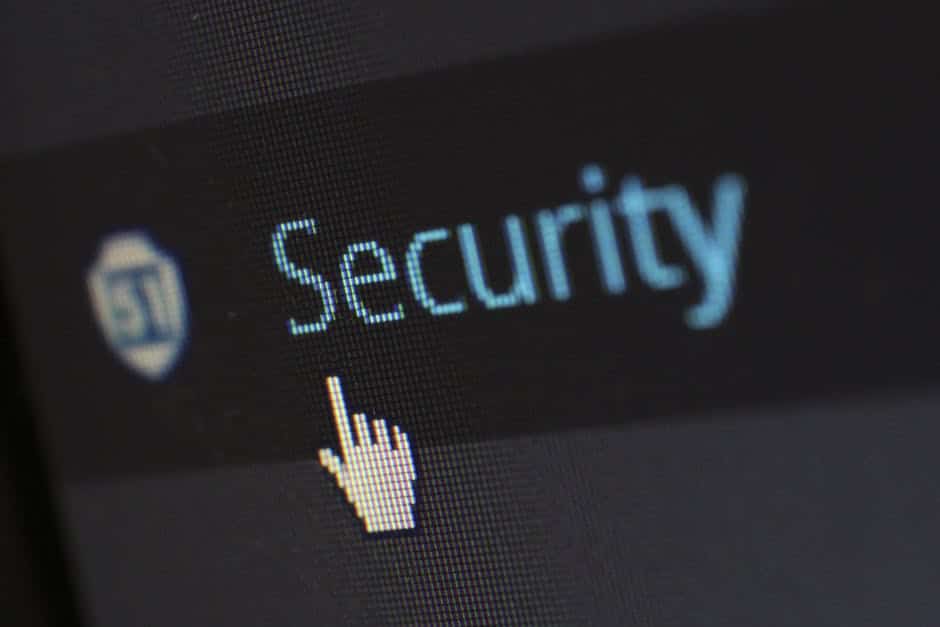Best security practices: Computer security is crucial. Depending on your business, you may have security measures that are required by law for the protection of personally identifiable information, but you need to ensure your information’s protection regardless of the surrounding statutes. Get antivirus programs, secure your building physically, and have good password management. Here’s how to securely take care of the latter:
Train your employees on good password strategies.
Most people know not to use Password123, but after that, there’s not a lot of education about best practices. Require a full range of alphanumerical and special characters, and make sure the characters are randomized instead of individual words. A general strategy is to pick three random words from a book or article that have no significant meaning: the words are linked together in the user’s mind to make them easier to remember but make no sense to potential hackers. Even then, it can be difficult to remember these passwords, so have your employees combine them with two-step logins or a secure keylogger.
Set a mandated schedule for updated passwords.
Even employees with the best of intentions won’t stay up-to-date on a self-regulated schedule for replacing passwords. Instead, link the profiles together and require password changes every 30-90 days. This works even better if you add a setting to prevent recycled passwords.
If your network has mobile access or a two-step sign-on involves using a phone, use software that makes employees password-protect their phones.
Most people already have passwords on their phones, especially since they have credit card information. But make it a requirement so no one can steal an employee’s phone and get access to your system.
Passwords are the most universal form of security in business but they can also be the weakest. Make sure your employees use strong passwords and choose new ones regularly. For more computer tips and IT support, go to Bluwater Technologies here.





